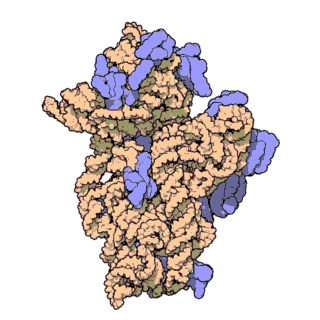There are posts on topics similar to this - but none that exactly address this issue
I have installed BLAST+ on my Linux machine along with a local copy of the microbial database. "blastn" works fine with queries like
blastn -query query.txt -db 16SMicrobial
However, blastp fails e.g.
blastp -query query_protein.txt -db 16SMicrobial
gives
BLAST Database error: No alias or index file found for protein database [16SMicrobial] in search path [..../databases]
My database directory has these files-
16SMicrobial.nhr 16SMicrobial.nnd 16SMicrobial.nog 16SMicrobial.nsi 16SMicrobial.nin 16SMicrobial.nni 16SMicrobial.nsd 16SMicrobial.nsq
My .ncbirc file has
[NCBI]
DATA=.../databases
[BLAST]
BLASTDB=.../databases
Any idea of what could be wrong please?
I have installed BLAST+ on my Linux machine along with a local copy of the microbial database. "blastn" works fine with queries like
blastn -query query.txt -db 16SMicrobial
However, blastp fails e.g.
blastp -query query_protein.txt -db 16SMicrobial
gives
BLAST Database error: No alias or index file found for protein database [16SMicrobial] in search path [..../databases]
My database directory has these files-
16SMicrobial.nhr 16SMicrobial.nnd 16SMicrobial.nog 16SMicrobial.nsi 16SMicrobial.nin 16SMicrobial.nni 16SMicrobial.nsd 16SMicrobial.nsq
My .ncbirc file has
[NCBI]
DATA=.../databases
[BLAST]
BLASTDB=.../databases
Any idea of what could be wrong please?


Comment